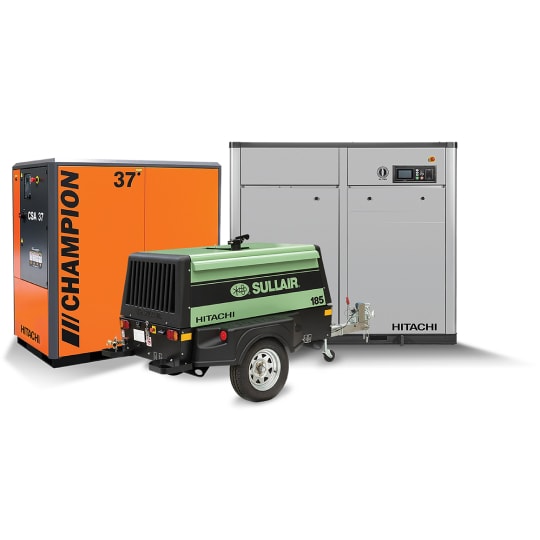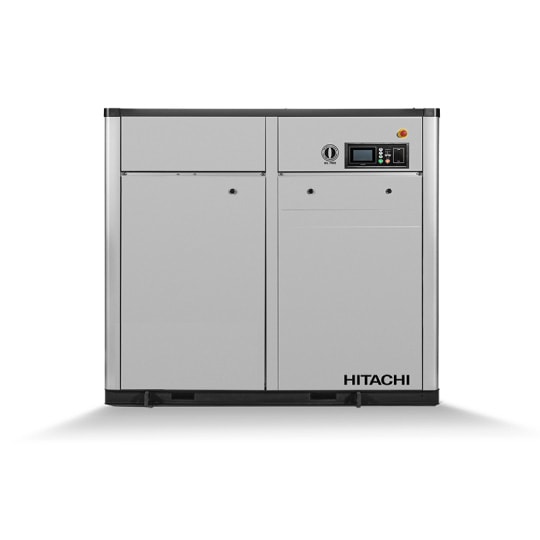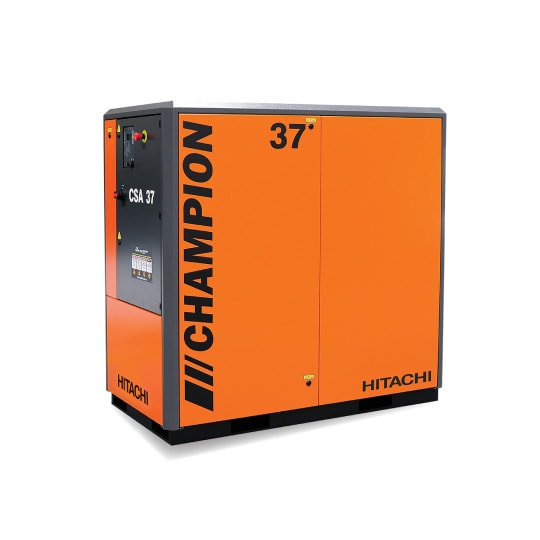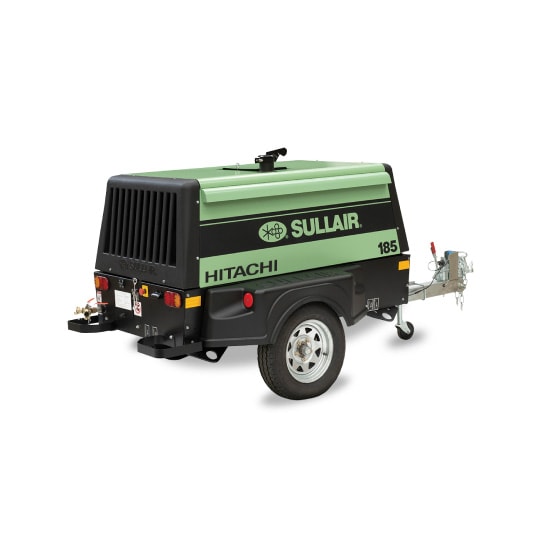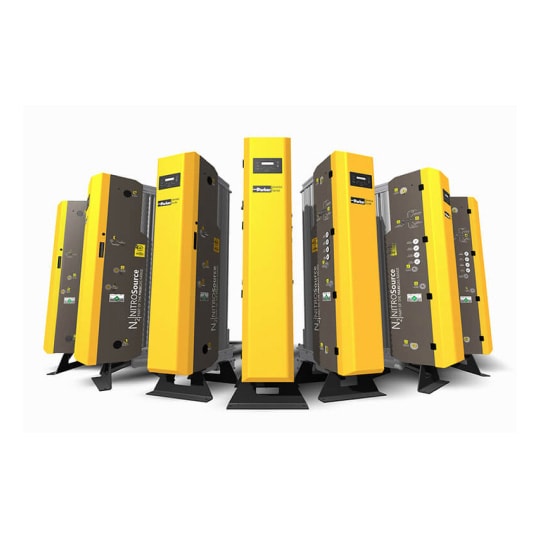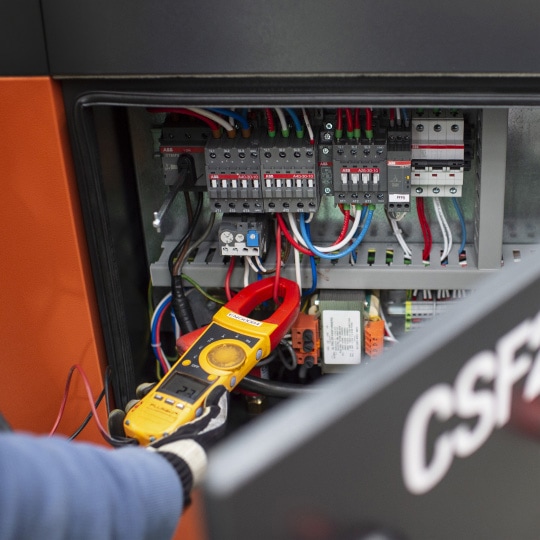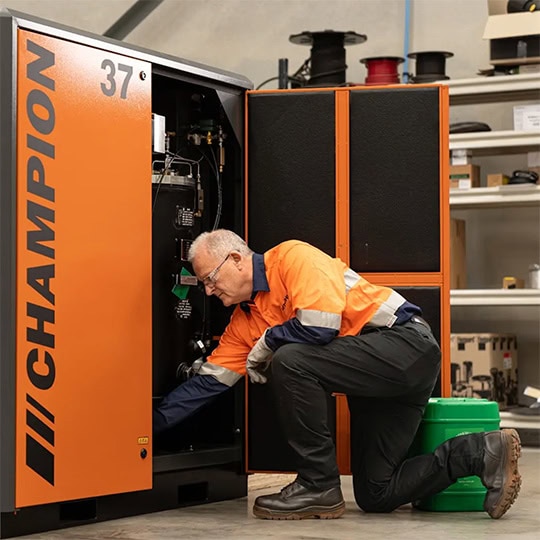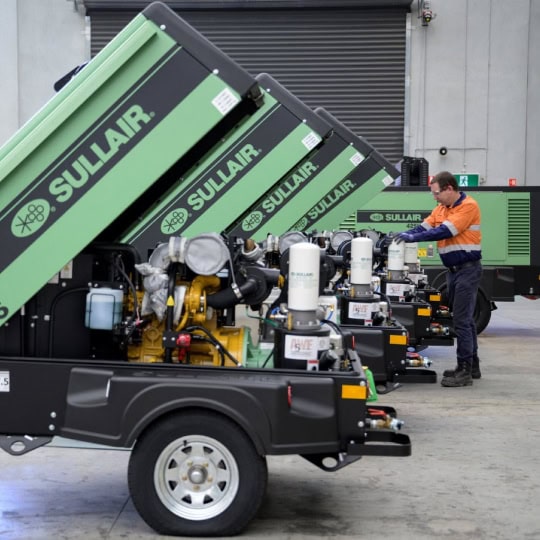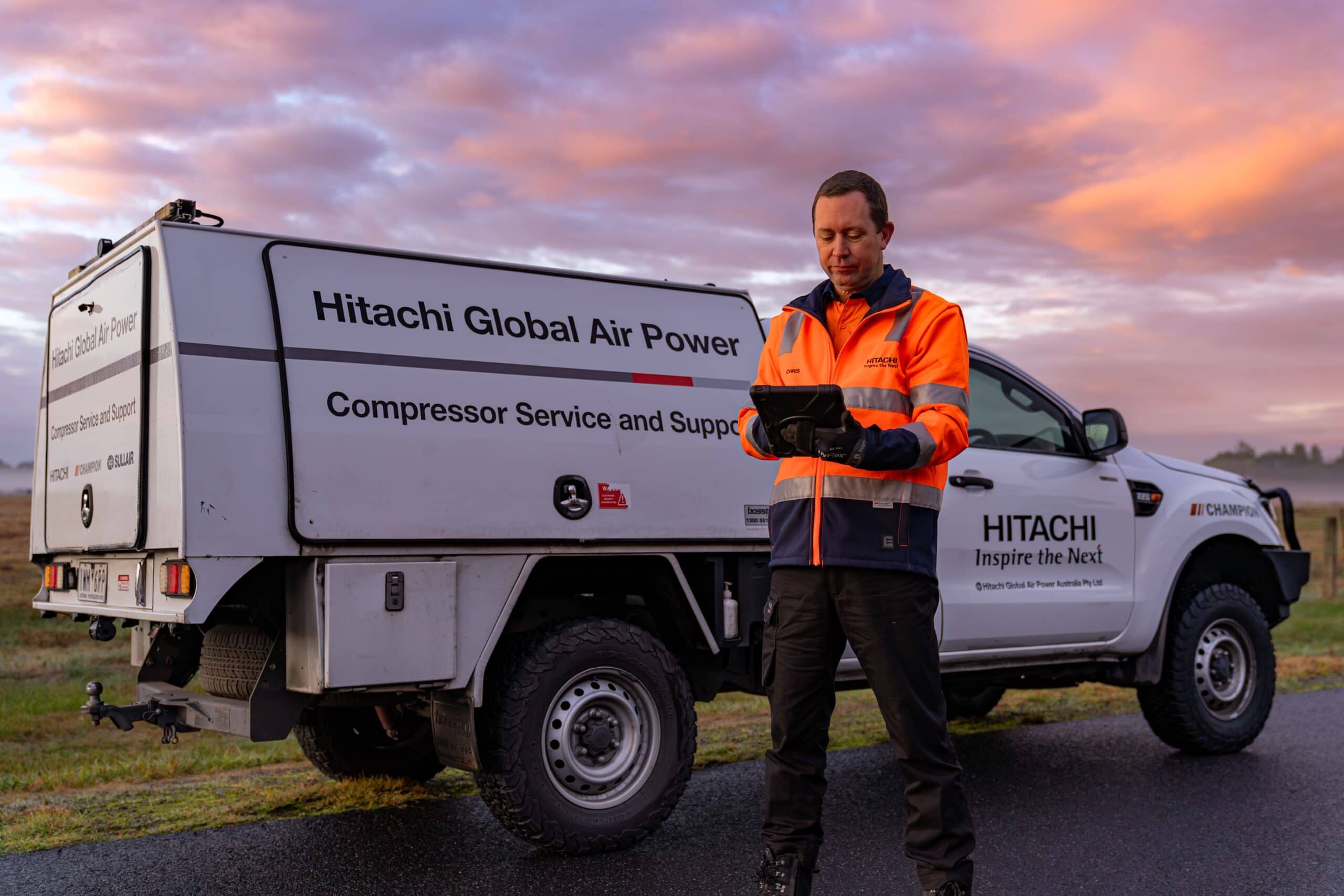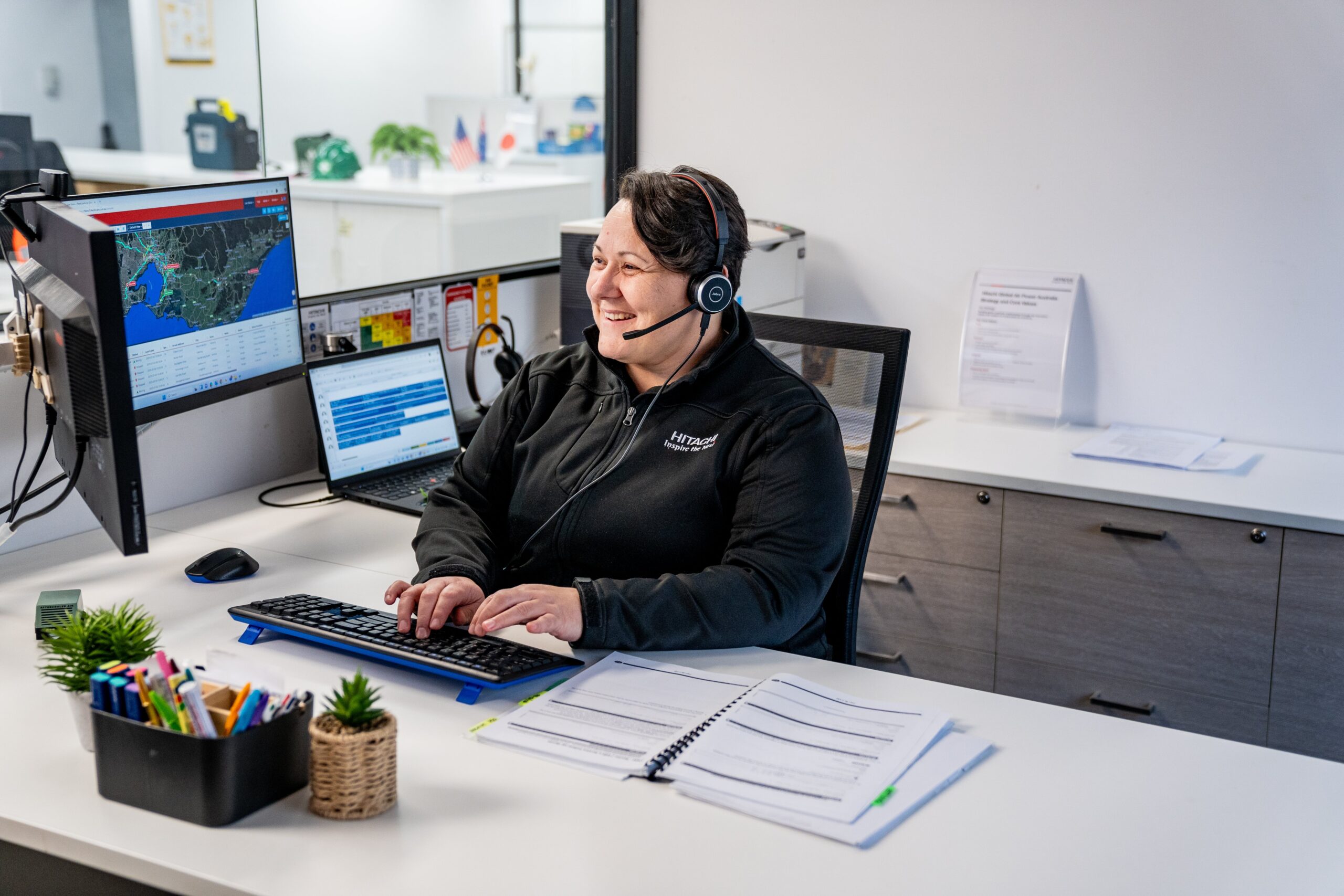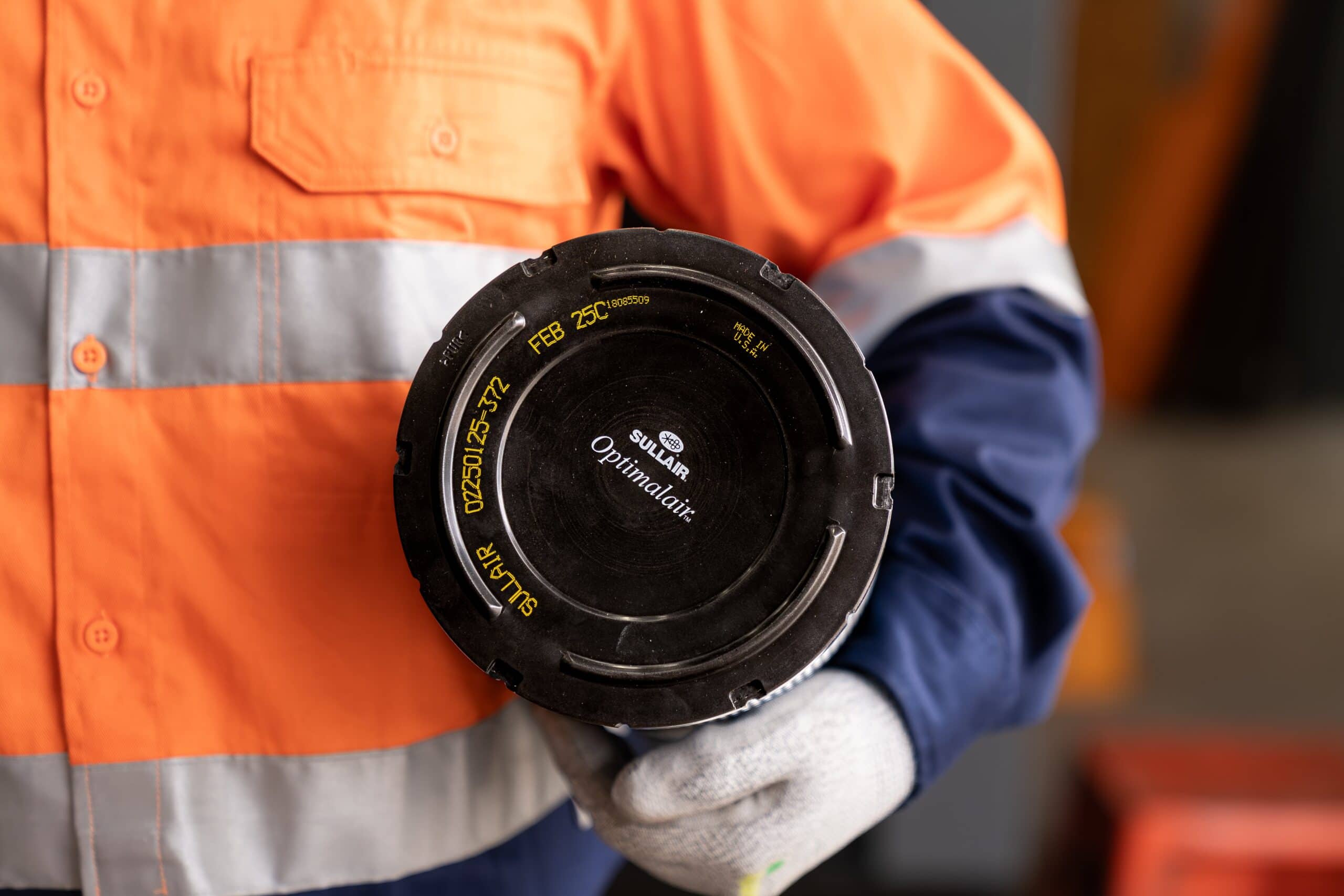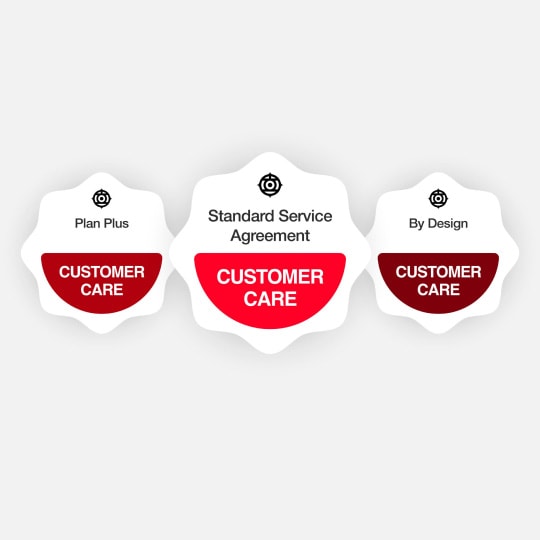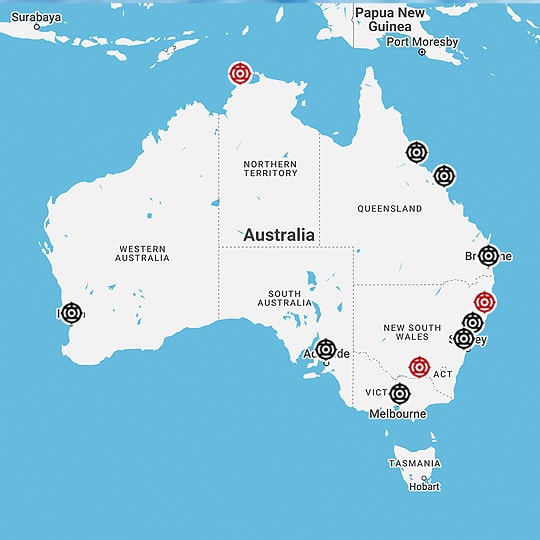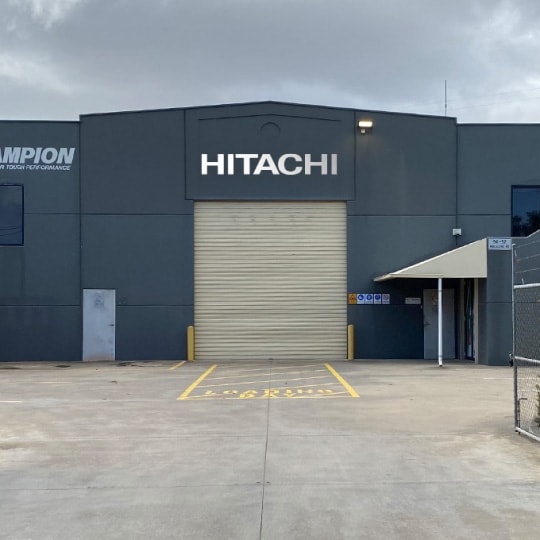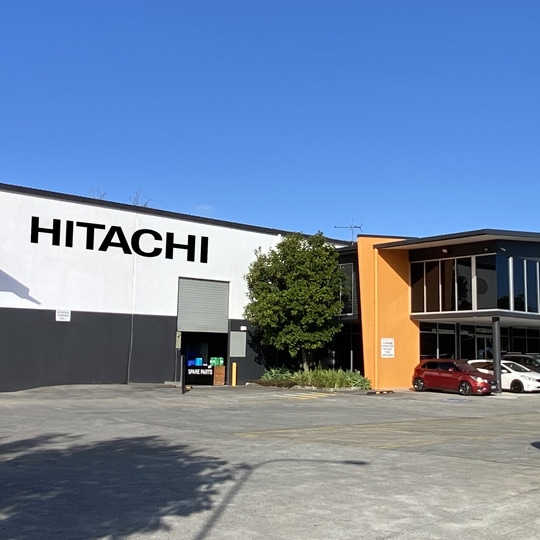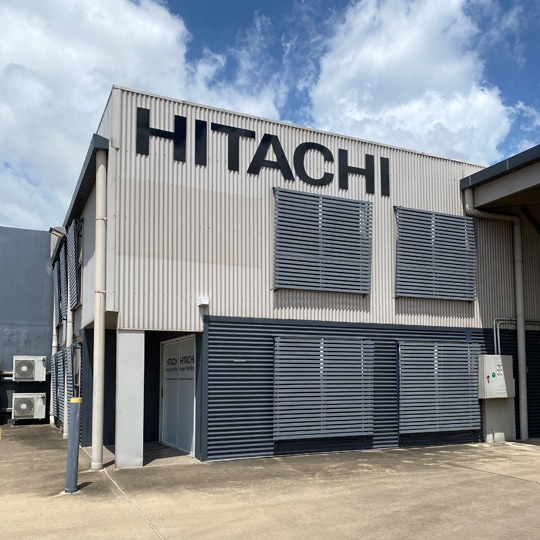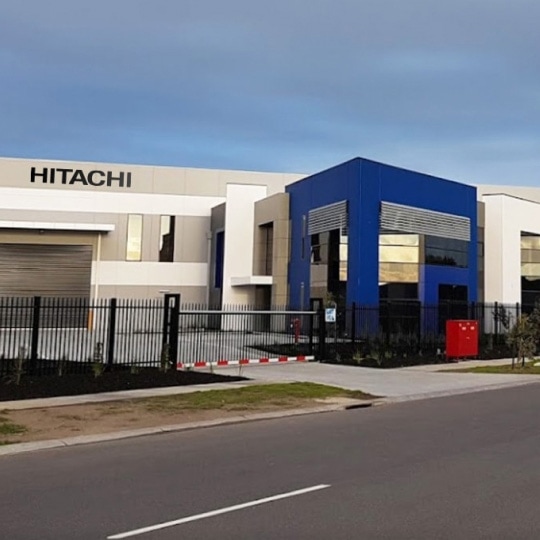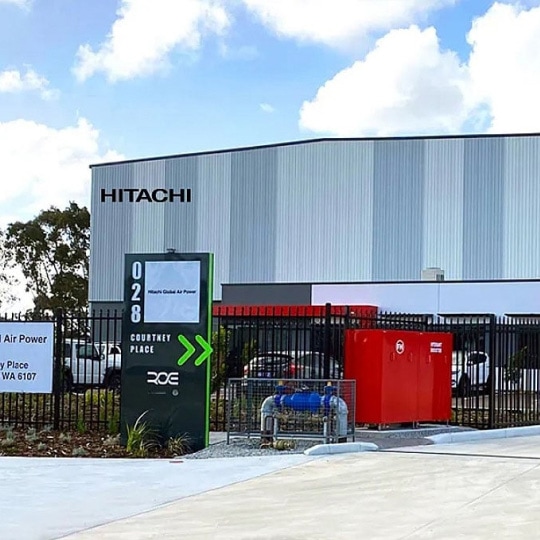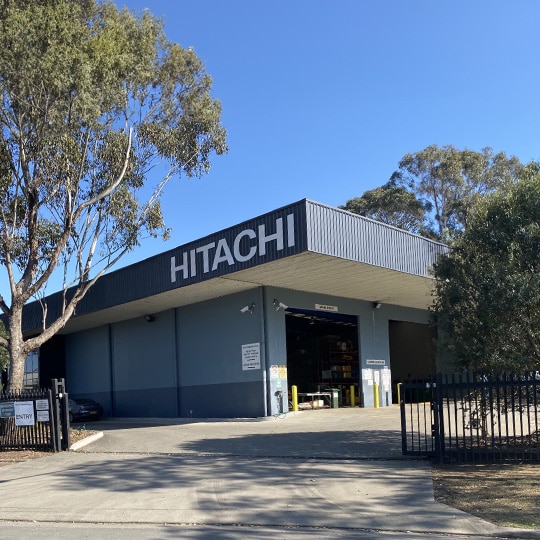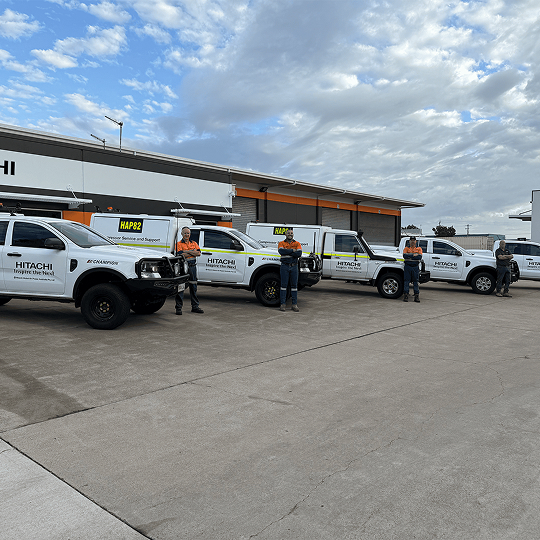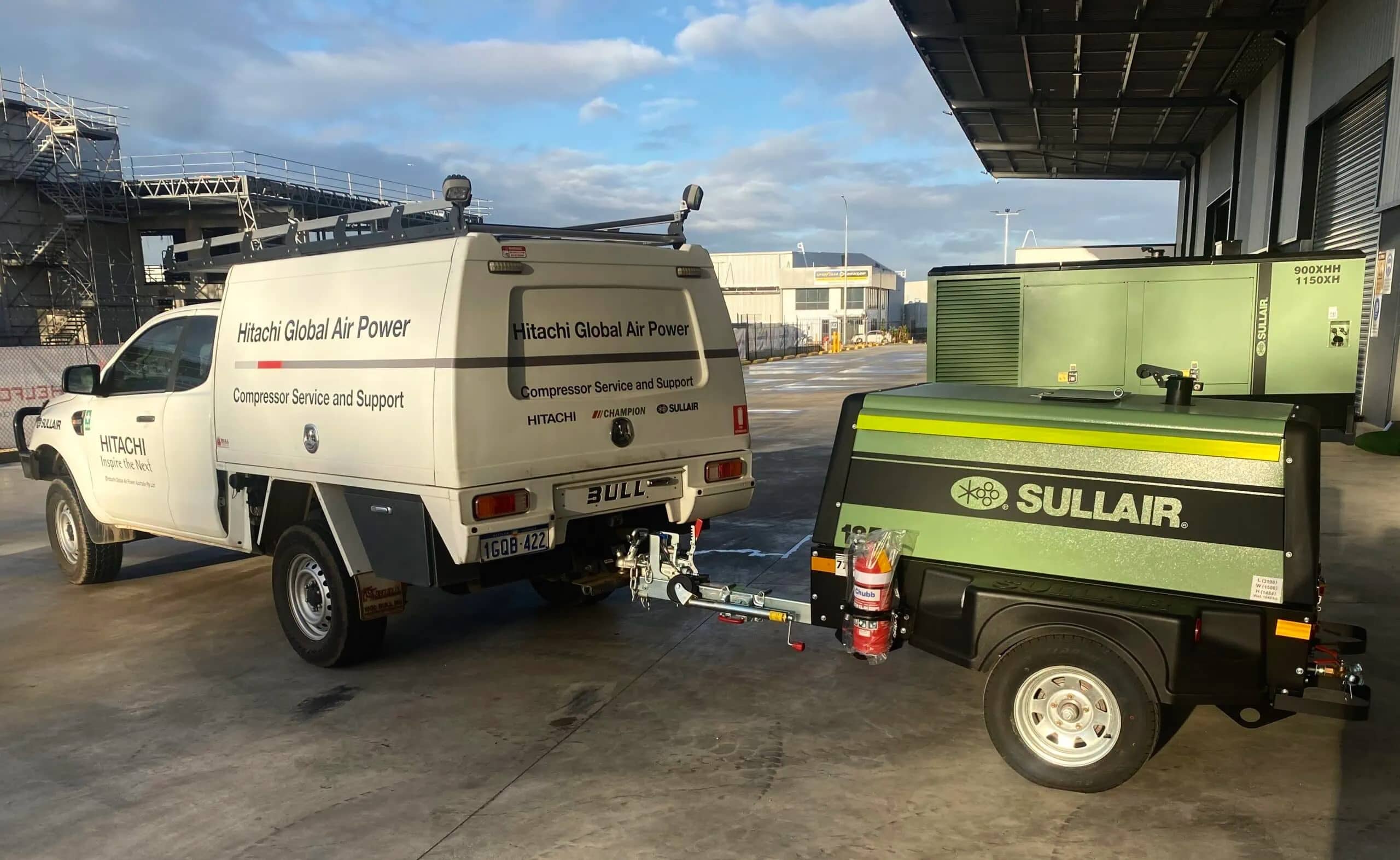
The Australian Department of Infrastructure, Transport, Regional Development, Communications and the Arts have implemented new Road Vehicle Standards (RVS) laws that took effect on 1 July 2023. These laws have set nationally consistent road safety standards for all vehicles, including portable compressors.
As global leaders in air compressor technology and innovation, we’ve dedicated the last two years to ensuring the components of our products also comply as these new regulations and standards demand. All of our compressors currently on the market meet the requirements of the RVS legislation and will be eligible for registration with VIC Roads and other similar authorities.
What has changed?
The Road Vehicle Standards (RVS) legislation has brought significant changes to vehicle regulation in Australia, replacing the old Motor Vehicle Standards Act. The legislation aims to establish consistent standards for new vehicles and any vehicles registered for the first time after 1 July, ensuring strict compliance with safety regulations.
An important aspect of the RVS framework is the Register of Approved Vehicles (RAV), a database of vehicles and towable equipment that have met RVS requirements and can be provided to the Australian market. This eliminates the need for physical compliance plates and is a prerequisite for vehicle registration.
Under the new laws, all vehicles and towable equipment must be registered and have a Vehicle Type Approval (VTA), and this certification confirms compliance with the latest Australian design safety regulations. Additionally, key components of portable compressors, such as the trailer and tow bar, must have individual Component Type Approvals (CTAs) to demonstrate compliance with national road vehicle standards.
The RVS legislation also sets guidelines for the weight that can be towed. Gross Trailer Mass (GTM) represents the total weight of the loaded trailer, including its contents, while Aggregate Trailer Mass (ATM) refers to the maximum loaded weight specified by the manufacturer.
It’s important to ensure that the GTM and ATM do not exceed the vehicle’s towing capacity. Under the RVS legislation trailers with an aggregate trailer mass of 4.5 tonnes or less (low ATM trailers) will need approval before they can provide a trailer type to the Australian market.
These regulatory changes prioritise road safety, vehicle standards, and environmental considerations. By enforcing registration and approval processes through the RAV, the RVS legislation ensures that vehicles, including portable compressors, meet compliance requirements and adhere to higher quality standards on Australian roads.
Ensuring compliance: what this means for our products
We’ve taken proactive steps to ensure all of our compressor products are in compliance with the new regulations. We’ve obtained the necessary Vehicle Type Approval (VTA) and Component Type Approvals (CTA) for our portable compressors, confirming adherence to the latest Australian design rules.
Under these regulations, all vehicles being towed, including portable compressors, fall into the classification of trailers and need to be registered. This applies to any new vehicle with a mass of up to 4.5 tonnes, which includes our portable compressor range, including the 185, 260, 320, 375, 425A and 425HA models.
Sriram Subramonian, National Product Manager for Hitachi Global Air Power Australia, highlights the importance of these regulations in ensuring safety and product compliance.
“For the industry, these regulations are a great addition. As a company, we always strive to provide the highest quality and safest products for our customers and now we have certifications that demonstrate that our products are compliant with national safety regulations.”
We understand the importance of having reliable and compliant equipment for your towing needs. With our portable compressors, you can hit the road with peace of mind, knowing you’re towing in accordance with the current safety laws and keeping everyone on the road safe.
Choose Hitachi Global Air Power for guaranteed quality, compliance and assurance that your towing needs are met with the highest standards.
If you’d like more information about the new towing regulations, you can contact us here.

